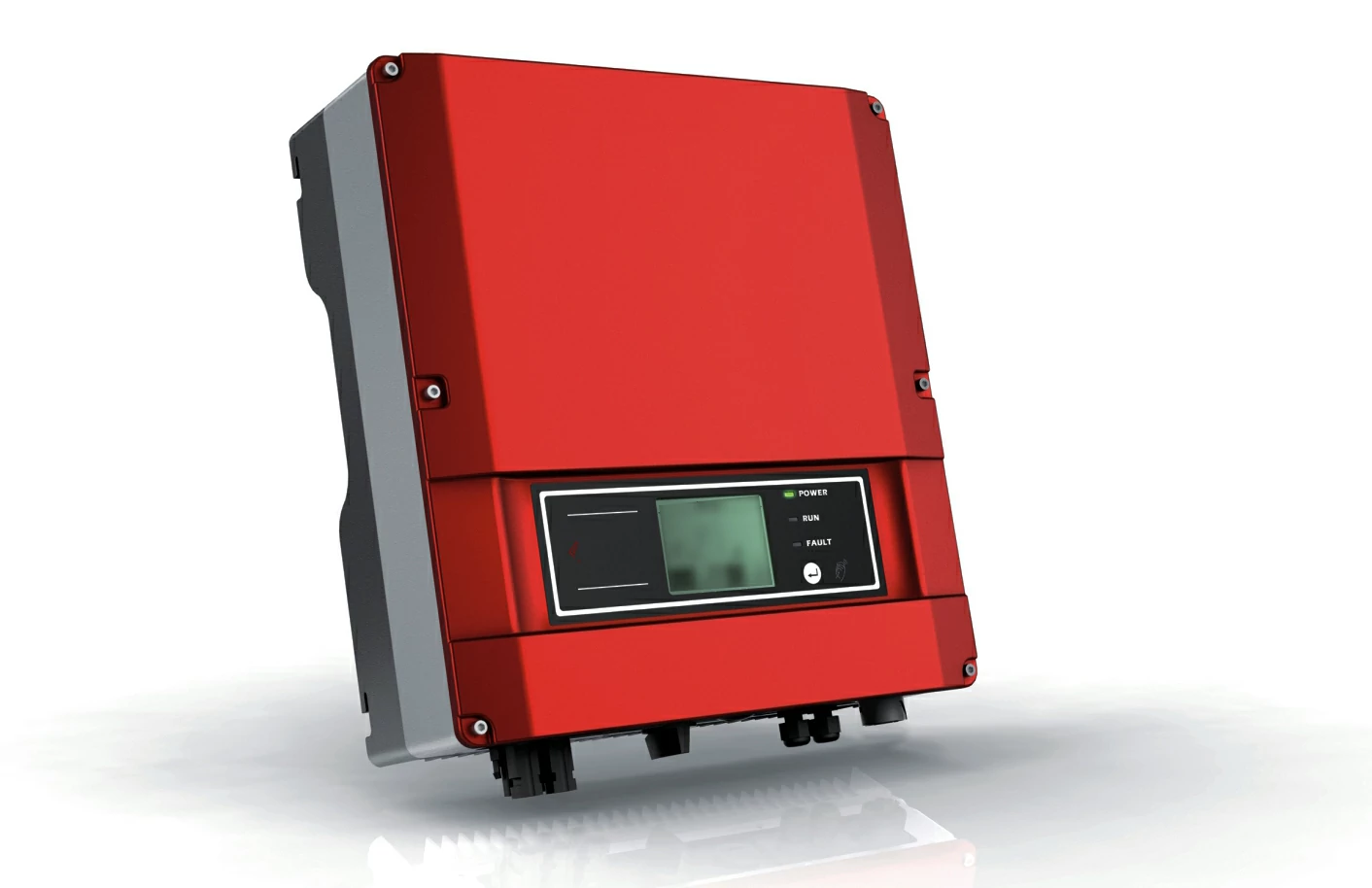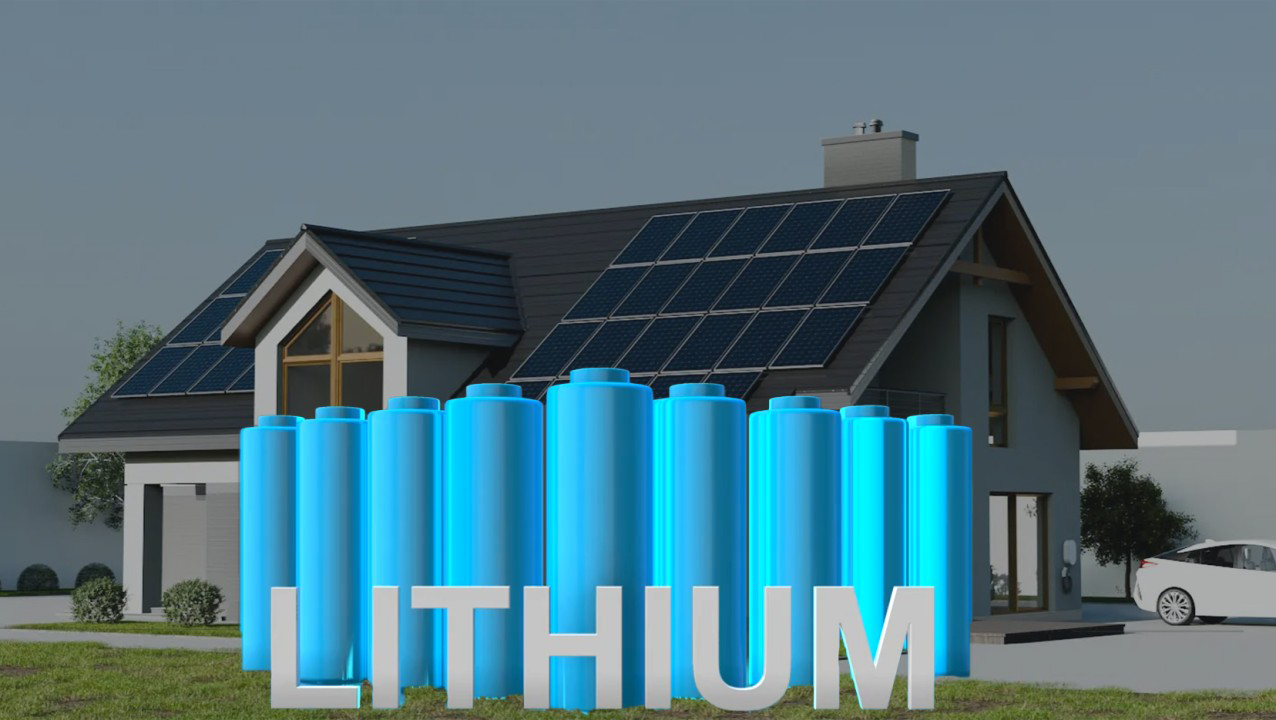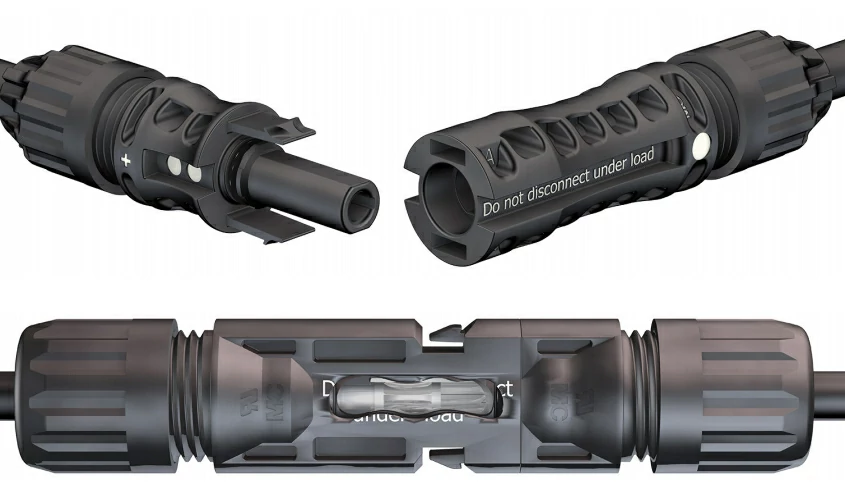Solar controller Solar controller is the key equipment used to...
Transistor inverter introduction
Transistor inverter is an important power electronic device, mainly used to convert direct current (DC) to alternating current (AC). Its core components are transistors, especially MOSFETs (field-effect transistors) and IGBTs (insulated-gate bipolar transistors), which have high switching frequencies and excellent control performance, so they are widely used in many modern power systems.
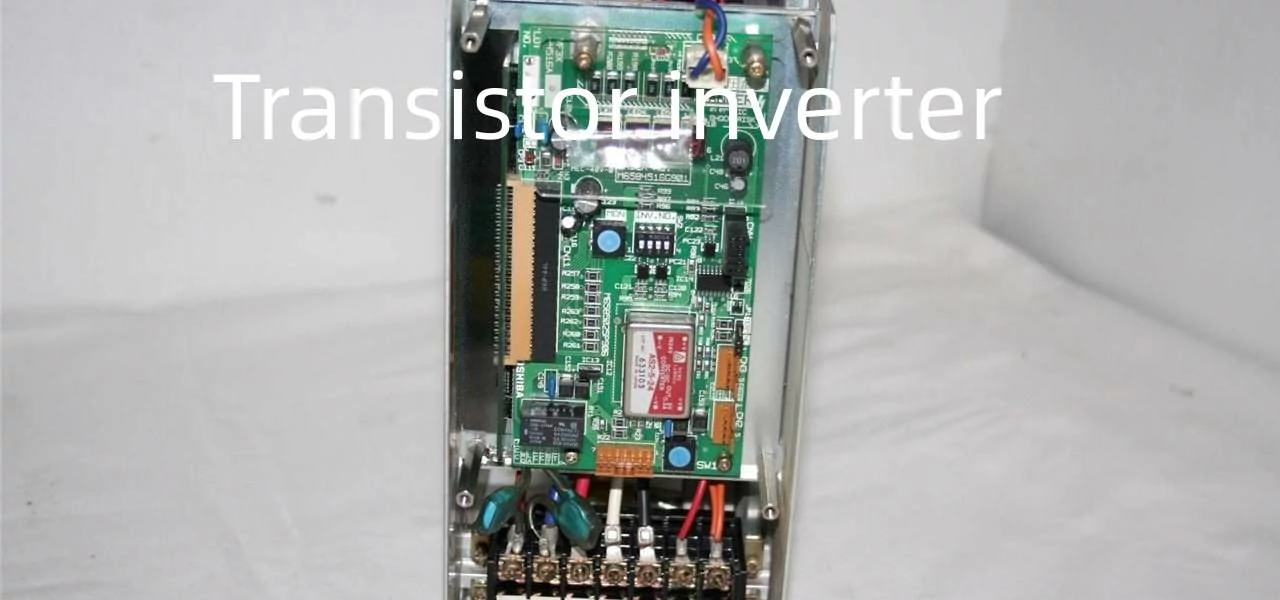
the working principle
The operating principle of a transistor inverter is primarily based on a switching circuit, in which the on-off and off-off of the transistor control the flow of direct current, thereby generating an adjustable alternating current output. Its basic workflow is as follows:
Dc power input: The inverter is connected to a DC power source (such as a battery pack or solar panel) that provides steady direct current.
Switching control: Through the control circuit, the inverter applies a switching signal to the transistors, causing them to quickly turn on and off at a certain frequency. This operation can produce different output waveforms.
Output waveform generation: With an appropriate switching control strategy, such as pulse width modulation (PWM), the inverter can generate an AC output that is close to a sine wave. This output waveform can be single-phase or three-phase, depending on the application requirements.
Filtering and voltage regulation: In order to improve the quality of the output current, the inverter is usually equipped with filters to reduce high-frequency noise and harmonic components, so that the output AC is smoother.
the classification of transistor inverter
Transistor inverters can be classified according to different standards, mainly including the following types:
According to the number of output phases
Single-phase inverter: Suitable for small household appliances and photovoltaic systems, providing single-phase AC output.
Three-phase inverters: Commonly used in industrial applications and large photovoltaic power generation systems, providing three-phase power supply suitable for high power loads.
According to the control mode:
Voltage Source inverter (VSI) : The output voltage is controlled and is the most common type of inverter in life.
Current Source inverter (CSI) : The output current is controlled and is usually used in some specific applications.
Depending on the type of transistor used:
MOSFET inverters: Suitable for low voltage and high frequency applications, characterized by fast switching speeds.
IGBT inverters: Suitable for high voltage and high power applications with better on-off performance and thermal stability.
advantages
Transistor inverters have a number of advantages that make them widely used in the field of power electronics:
High efficiency: The transistor has lower on-loss and higher switching frequency, which can achieve high efficiency energy conversion.
Fast response: Transistor inverter can quickly adjust the output, adapt to load changes, to ensure system stability.
Flexibility: By changing the control policy, the output frequency and amplitude can be adjusted to flexibly adapt to different application scenarios.
Small size and light weight: Compared with traditional inverters, transistor-based inverters are reduced in size and weight, making them easy to integrate and install.
Low harmonic distortion: Transistor inverters can effectively reduce harmonic distortion in the design, thereby improving the quality of power supply and reducing the impact on the grid and equipment.
Application fields
Transistor inverters are used in a wide range of applications, including:
Renewable energy: In solar photovoltaic systems and wind power systems, it is used to convert direct current into alternating current, which is supplied to users or incorporated into the grid.
Electric vehicles: In electric vehicles, the inverter is used to drive the electric motor, convert the battery's direct current to alternating current, and provide power.
Power transmission: Transistor inverters can be used in high voltage direct current (HVDC) systems to convert direct current to alternating current for power transmission and distribution.
Industrial motor drive: In industrial automation, inverters are used to drive motors, control their speed and torque, and improve production efficiency.
Home appliances and UPS systems: In home appliances and uninterruptible power supplies (UPS), inverters guarantee a continuous supply of power and protect equipment from power fluctuations.
conclusion
Transistor inverter is an important part of power electronics technology, with its high efficiency, fast response and flexibility, is widely used in renewable energy, industrial automation and many other fields. With the continuous development of power electronics technology, the performance and application range of transistor inverters will be further improved, providing strong support for achieving a sustainable energy future.
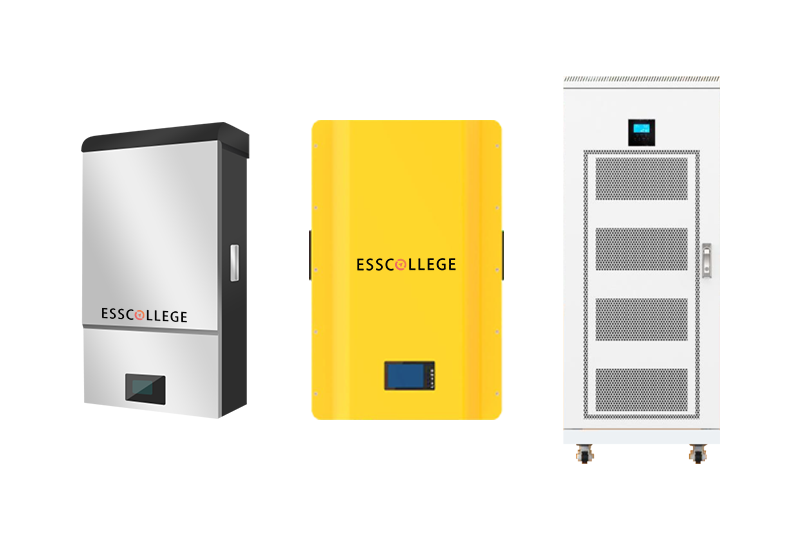
Home energy storage product series
A lithium battery pack for home energy storage systems, which is compatible with solar panels and the sun The inverter can work together with the power grid to power household appliances, and it can also be used as a For off grid systems.
Extended reading
LiFePo4 home energy storage battery
A highly integrated backup power solution for solar home energy...
THE ESSC Brand promise
Global supply
Our products sell well all over the world, covering many countries and regions, through the global logistics network, to provide customers with convenient purchasing experience.
Rigorous quality
We adhere to the highest quality control standards to ensure every product meets industry regulations and customer expectations, earning trust through consistent excellence.
Excellent service
With a customer-centric approach, we provide prompt responses, professional support, and personalized services, aiming to deliver the best user experience and long-term value.

